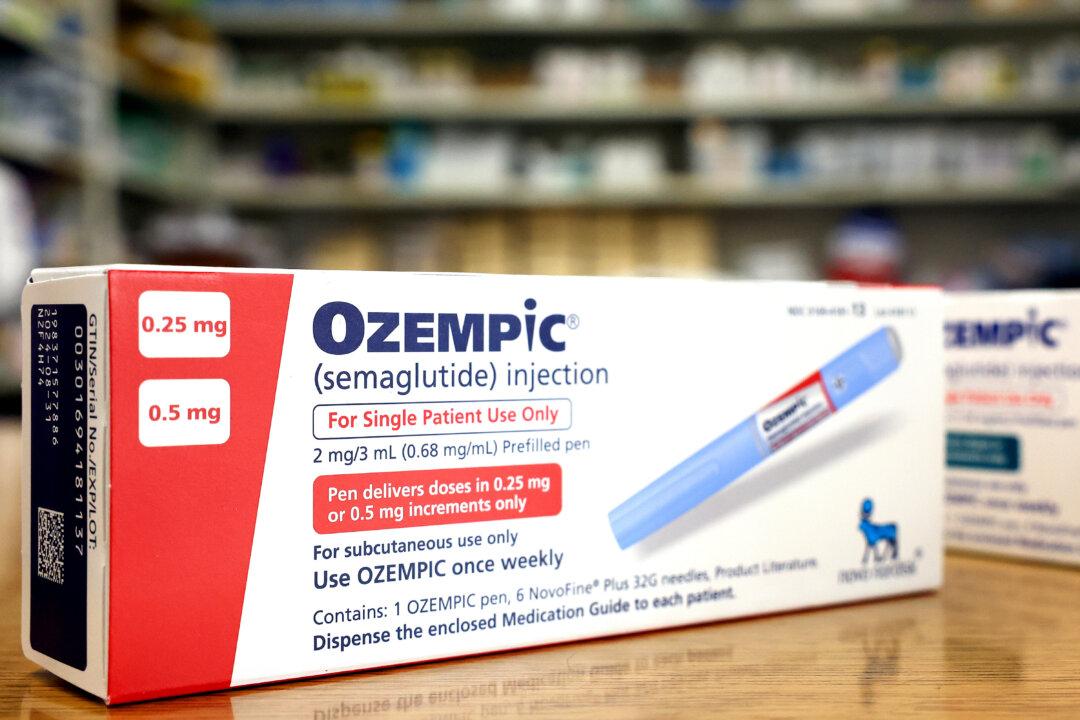Texas Gov. Greg Abbott signed an executive order that would bar state agencies or entities that receive public funds from requiring a person to show a so-called vaccine passport in order to receive goods or services, or to enter a building.
“Every day, Texans return to normalcy as more people get the COVID vaccine. In fact, this week, Texas will surpass 13 million doses administered,” Abbott said April 6. “Those shots help slow the spread of COVID, reduce hospitalizations, and reduce fatalities.”





